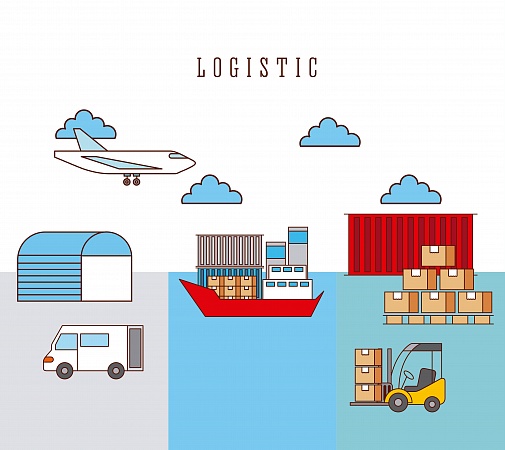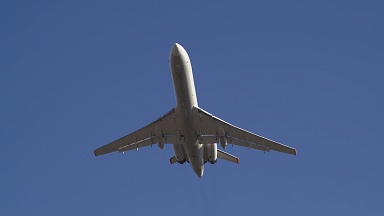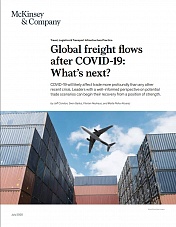The two Geneva-based international organisations said the expanded partnership will extend the successful integration of IATA’s air cargo messaging standards Cargo-XML into UNCTAD’s automated system for customs data management, ASYCUDAWorld.
For the 100 counties choosing to deploy the latest version of ASYCUDAWorld, this enables more efficient processing of air cargo shipments, IATA and UNCTAD said.
Stepping up collaboration
The next stage of the collaboration will focus on enabling ASYCUDAWorld to manage e-commerce shipments more efficiently. It will include adding a risk assessment for mail shipments and facilitating access to the IATA enhanced partner identification and connectivity (EPIC) platform — launched last March to simplify the complex process of making digital connections across the air cargo value chain, including enabling the efficient exchange of critical information such as messaging capabilities and identities.
The two said this access «will enable customs authorities to share advance cargo/mail information requirements across the digitised supply chain», with parties including airlines, freight forwarders, ground handlers and third-party messaging service providers. The collaboration will also include the potential exchange of additional operational electronic information such as air cargo rules, flight schedules and others that can assist customs officials in their risk assessments, IATA said.
«UNCTAD and IATA are working together to support the economic opportunities of e-commerce by modernising the data exchange needed for customs clearance,» said Nick Careen, IATA’s senior vice president for operations, safety and security. «Global standards enable accurate information and effective risk-assessments. This in turn promotes stronger compliance and will contribute to a safe supply chain, which should give the authorities the confidence to modernise processes.»
Shamika Sirimanne, UNCTAD’s technology and logistics director, said: «Through this extended partnership, we look forward to leveraging the leadership of UNCTAD and IATA in their respective fields to boost e-commerce in developing countries through improved exchanges of trade data.»
UNCTAD’s goals
The United Nations Conference on Trade and Development (UNCTAD) was established in 1964 as an intergovernmental organisation intended to promote the interests of developing states in world trade. UNCTAD is the part of the United Nations Secretariat dealing with trade, investment, and development issues.
The organisation’s goals are to maximise the trade, investment and development opportunities of developing countries and assist them in their efforts to integrate into the world economy on an equitable basis. UNCTAD was established by the United Nations General Assembly in 1964 and it reports to the UN General Assembly and United Nations Economic and Social Council.
The primary objective of UNCTAD is to formulate policies relating to all aspects of development including trade, aid, transport, finance and technology. The conference ordinarily meets once in four years; the permanent secretariat is in Geneva.
One of the principal achievements of UNCTAD (1964) has been to conceive and implement the Generalised System of Preferences (GSP). It was argued in UNCTAD that to promote exports of manufactured goods from developing countries, it would be necessary to offer special tariff concessions to such exports. Accepting this argument, the developed countries formulated the GSP scheme under which manufacturers’ exports and import of some agricultural goods from the developing countries enter duty-free or at reduced rates in the developed countries. Since imports of such items from other developed countries are subject to the normal rates of duties, imports of the same items from developing countries would enjoy a competitive advantage.
ASYCUDA integrated customs management system
The UNCTAD Automated System for Customs Data (ASYCUDA) is an integrated customs management system for international trade and transport operations in a modern automated environment. Advanced software applications are designed and developed for customs administrations and the trade community to comply with international standards when fulfilling import, export and transit related procedures.
Through its ASYCUDA programme, UNCTAD aims at: Modernising customs operations and helping to improve revenue collection; Facilitating trade efficiency and competitiveness by substantially reducing transaction time and costs; Improving security by streamlining procedures of cargo control, transit of goods and clearance of goods; Helping fight corruption by enhancing the transparency of transactions; Promoting sustainable development by cutting down on the use of paper, through the use of electronic transactions and documents.




